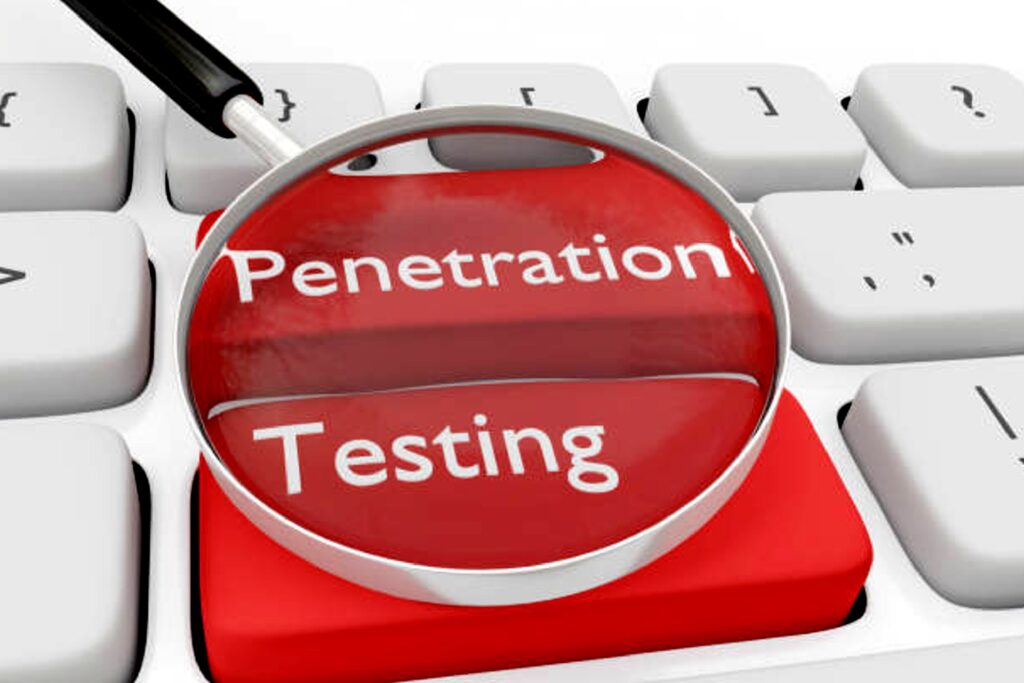A cyber security audit is an assessment of an organization’s cybersecurity posture and practices. It is typically conducted by an independent team of experts who review and evaluate the organization’s systems, networks, and data to identify potential vulnerabilities.
They also assess the effectiveness of existing security controls. The audit typically includes a review of policies and procedures, technical controls, and employee awareness and training.
The goal of a cyber security audit is to identify any weaknesses in an organization’s cyber security posture and provide recommendations for improving it. Cyber security audits can be conducted on an ongoing basis or as a one-time event.
However, they are often required by regulatory bodies or industry standards. There are several key elements that can contribute to the success of a cyber security audit. These are:
- Clear objectives and scope: It is important to clearly define the goals and scope of the audit so that the team knows what to focus on and what areas to cover.
- Skilled and experienced audit team: The team conducting the audit should have the necessary skills and expertise to thoroughly evaluate the organization’s cyber security posture.
- Detailed planning and preparation: Proper planning and preparation are essential for the success of a cyber security audit. This includes identifying and gathering relevant information and resources, establishing a timeline, and outlining the steps of the audit process.
- Robust audit methodology: A strong and well-defined audit methodology is critical for ensuring the accuracy and reliability of the audit findings.
- Comprehensive assessment: The audit should cover all relevant areas of the organization’s cybersecurity posture, including policies and procedures, technical controls, and employee awareness and training.
- Actionable recommendations: The audit should provide specific and actionable recommendations for improving the organization’s cyber security posture.
- Effective communication and reporting: Clear and effective communication and reporting of the audit findings and recommendations is crucial for ensuring that the appropriate stakeholders are aware of the results and that the organization can take appropriate action to address any identified weaknesses.




